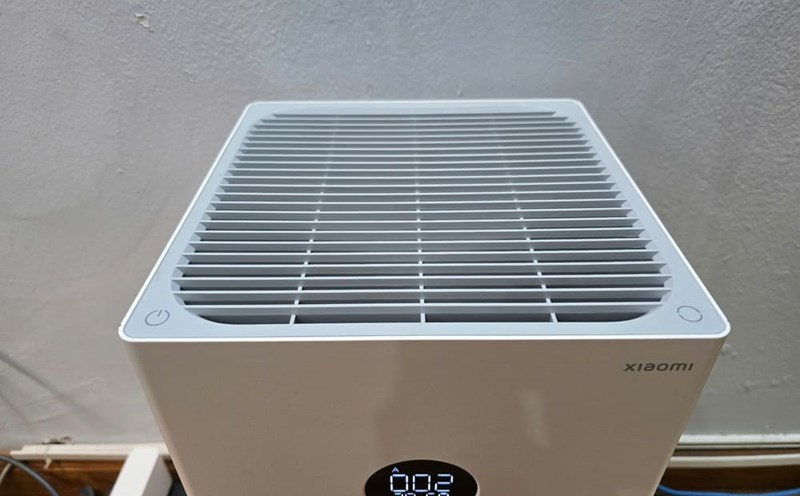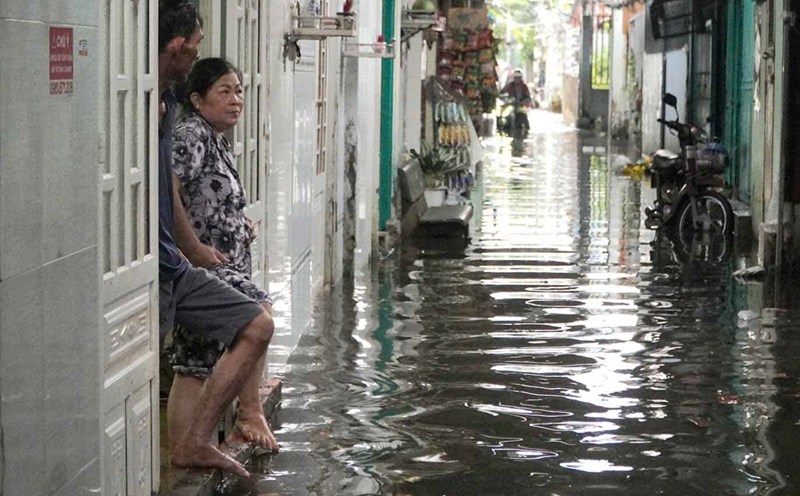Monitoring AQI daily:
People can use applications such as PAMAir or AirVisual to update air status. When AQI exceeds 150, you should limit going out, especially early in the morning or late afternoon.
Keep your indoor air cleaner:
Close the door when it is foggy, use an air purifier, plant more tiger tongue or betel to absorb fine dust and toxic gas.
Wear a standard mask:
According to Dr. Arya's recommendation, "a N95 or N99 standard household filter can filter most of the super-small dust particles, helping to effectively protect the respiratory system".
Drink enough water, eat plenty of antioxidant foods:
Citrus fruits, green vegetables, amla (Indian spinach) or walnuts help increase resistance and reduce inflammation caused by pollution.
Protecting vulnerable groups:
Children, the elderly, pregnant women and people with respiratory diseases should stay indoors during high pollution days, always having the necessary treatment available.
Practice proper breathing at home:
Deep breathing exercises, cleft lip breathing help increase lung capacity and oxygen absorption, especially useful in cold weather.
Regular health check-ups:
People with underlying diseases should check lung function, heart and blood pressure to detect the early effects of air pollution.











